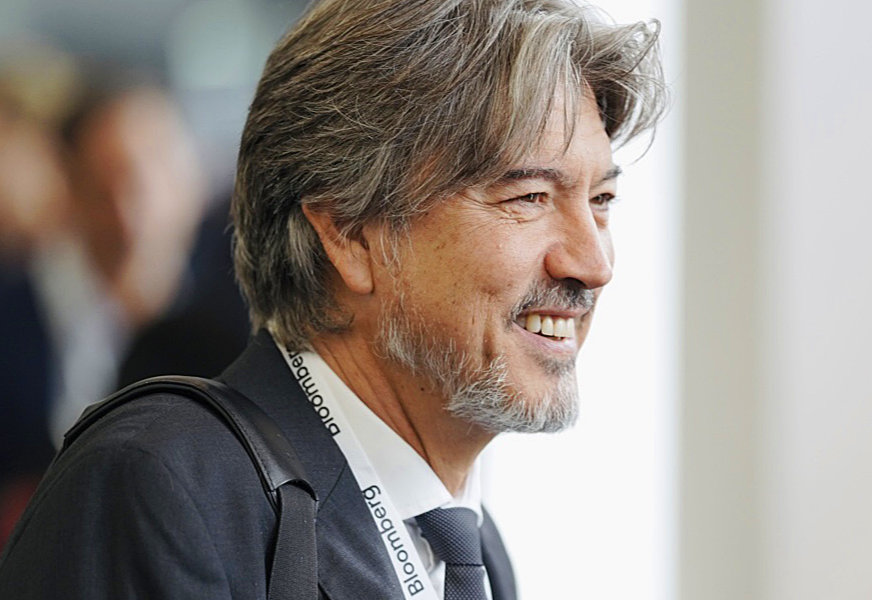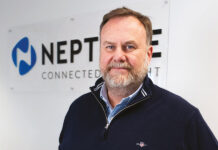Implementation costs are among the biggest hurdles for buy-side fixed income desks hoping to increase efficiency workflows.

Addressing delegates at the Fixed Leaders Summit in London, Juan Landazabal, global head of trading at GAM International Management, said the low take up of execution management systems (EMS) was down to cost.
He said: “The biggest hurdle is the implementation cost. Implementation is never simple and whilst there are data benefits there are problems too. [Buying an EMS] it is not a slam dunk of a decision; there needs to be a cost benefit analysis, and a demonstration that the EMS adds alpha.”
Fixed income desks have been slow to take up EMS when compared to their equity and FX counterparts. An August survey from Barclays Investments Bank found 60% of buyside desks do not have an EMS, and less than half are looking to implement one by the end of 2021. Survey respondents reported that less than 25% of workflow is executed using automation.

Sven Gerhardt, head of product at AxeTrading, said it was a fixed income traders needed to justify the value-add of an EMS.
He said: “Measuring that added alpha is the challenging part. How quickly do you get the EMS up and running so that it enhances workflow, and you can demonstrate value?”
Fixed income desks have also been forced to compete with equity desks in securing funds for automation.
Also speaking at the Thomas Vinding, global head of trading at Nordea Asset Management, said “One of the reasons fixed income has been slow to automate is because I prioritised equities, FX and futures over fixed income. Those are the asset classes where we get the biggest bang for the buck when it comes to automation.”
However, Vinding added: “But prioritising other asset classes does not and should not prevent fixed income desks from evolving and that is what they will have to do.”
Conference photos courtesy of Richard Hadley.
©Markets Media Europe 2025

























